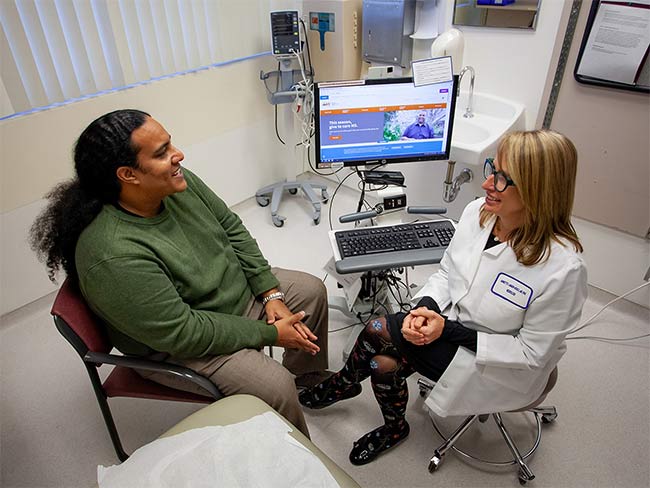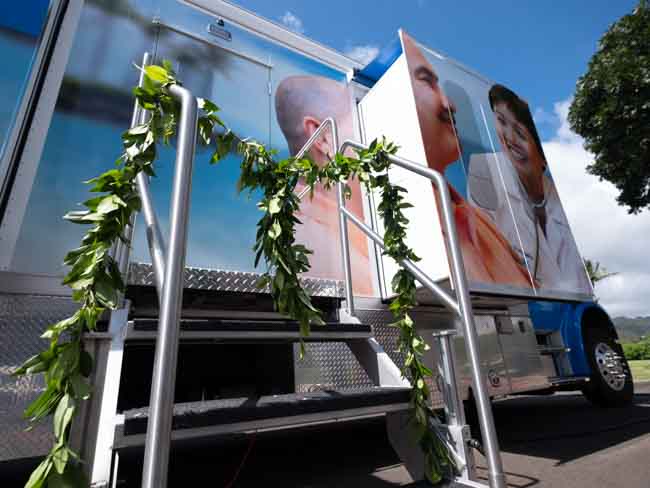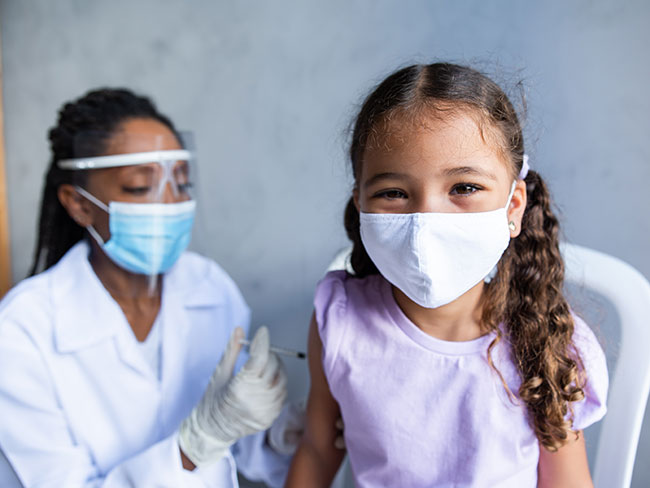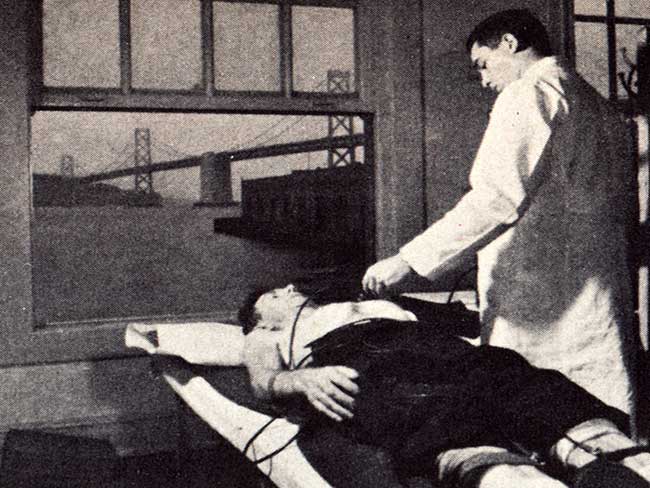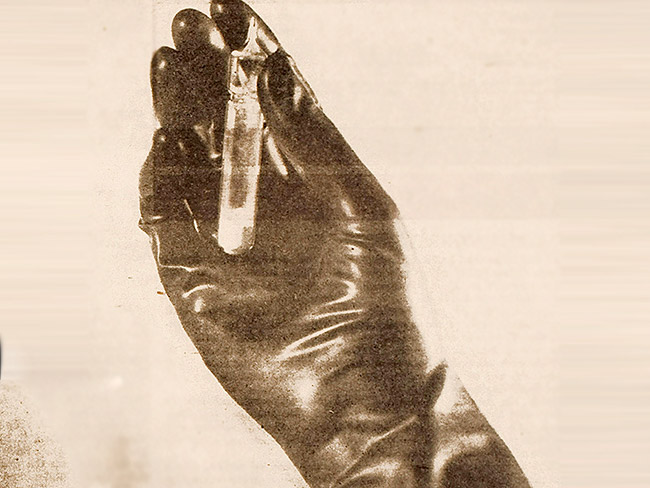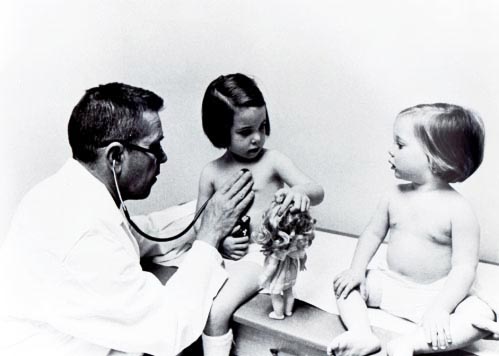Personalize your care with a family health history
Talk with your family members about their medical conditions. What you learn could help you and your doctor protect your health.
Family gatherings are a great time to sit down together and create a record of the health conditions your relatives have experienced.
Your sense of humor. Your hair color. Your athletic ability (or lack thereof). These are traits that family members often share.
You also may share a risk for certain diseases, such as cancer, heart disease, and diabetes. This may be because of your genes, where you live, or your daily habits.
Creating a family health history can help you catch health issues early — or even prevent them entirely. A family health history is a record of the medical conditions your relatives have had.
“A disease might ‘run in the family’ if one or more of your family members has it,” explained Leslie Brenman, MD, a clinical geneticist at Kaiser Permanente Oakland Medical Center. “When you know your family health history, you can work with your doctor on ways to reduce your risk.”
How do I create my personal family health history?
First, make a list of your close relatives. Include your parents, siblings, half-siblings, grandparents, aunts, and uncles. You can leave out anyone not related to you by birth (for example, in-laws or step-siblings).
Then, ask each of your relatives the following questions.
Have you ever had cancer? What kind?
Have you ever had heart disease? Do you have high blood pressure or high cholesterol? Have you ever had a stroke?
Do you have type 1 or type 2 diabetes?
Have you ever had a mental health condition, such as depression, anxiety, or bipolar disorder?
You should also:
- Ask your relatives how old they were when they were diagnosed with each condition
- Ask about relatives who have died. What were their causes and ages of death?
What should I do with it?
Once you gather your family health history, act on it.
- Share your family health history with your relatives.
- Share your family health history with your doctor. Talk with your doctor about steps you can take to lower your chances of getting a disease.
“Thanks to Kaiser Permanente’s integrated model, once the information is in your electronic health record, it’s easily accessible to your entire care team so they can personalize your care,” said Dr. Brenman.
When should I start?
The best time to start is now.
Your family members might not want to talk about their medical history at first. But starting the conversation is important.
It may help if you explain that you’re gathering information that can help protect the health of everyone in your family.
Learn more about creating a family health history.
The power of genetic testing
If your family health history suggests an inherited disorder might run in your family, talk with your doctor to see if a consultation with a genetic specialist is a good option for you.
If any of your blood relatives have already had genetic testing, ask if they’d be willing to share the results. Sharing this information with your doctor could help clarify the care you need.
Genetic testing can help entire families manage the risk of hereditary diseases and protect their health.
















